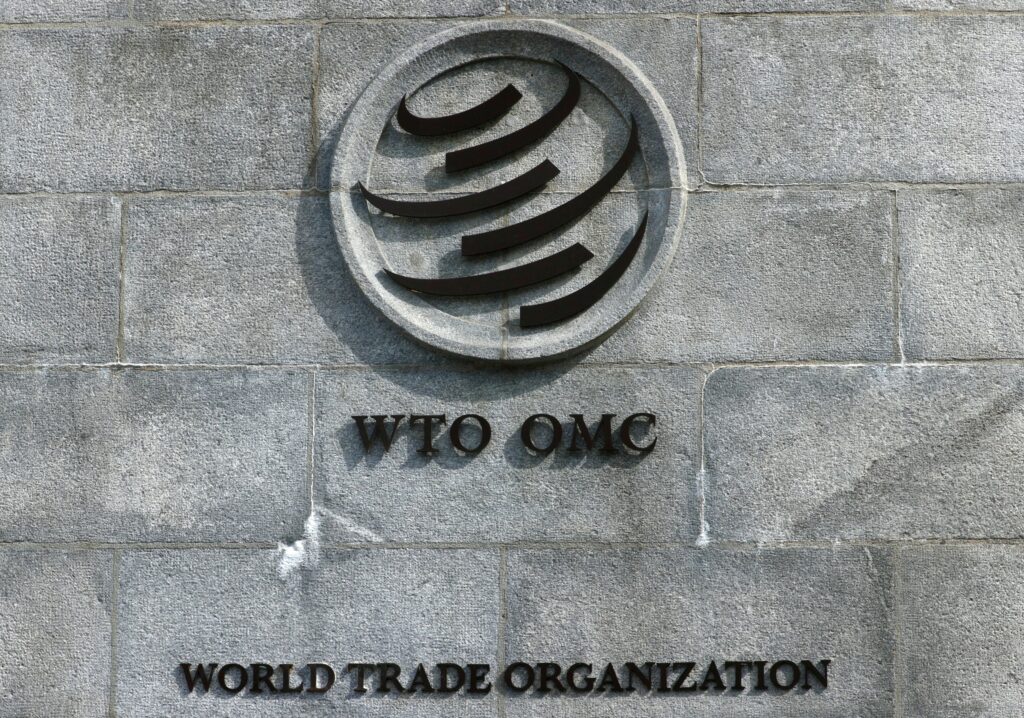India on Thursday called for a review of the impact of the tariff suspension on electronic transmissions, especially on developing and poor countries.
The issue was the subject of discussion at the session on e-commerce during the 13th Ministerial Conference (MC13) of the World Trade Organization (WTO).
Click here to follow our WhatsApp channel
India stressed that a full range of policy options should be available to WTO members to promote digital industrialization, including the imposition of tariffs on e-commerce.
New Delhi said the digital revolution is still underway and with the advent of artificial intelligence, data analytics and 3D printing technologies, products that are currently delivered in offline mode can be easily transferred electronically, making it easier for products to They fear that tariffs will be meaningless.
Currently, a small number of companies from developed countries dominate the global e-commerce landscape, and there is a huge digital gulf between developed and developing countries, making it difficult for developing countries to take advantage of global e-commerce. It has become difficult to increase participation, officials said. statement.
“Developing countries need to focus on improving domestic physical and digital infrastructure, building supportive policy and regulatory frameworks, and developing digital capabilities. India’s own digital transformation will be driven by an unwavering belief in innovation. and a commitment to rapid implementation.”
Under the WTO suspension, countries do not impose tariffs on cross-border e-commerce. Since 1998, WTO members have periodically agreed to extend the suspension period. The last extension was agreed at the last MC in June 2022. The suspension is scheduled to expire at MC13 unless a decision is made to extend it.
Opinions among WTO members are divided on this issue. Developing countries, including India, are fighting over the policy space to impose tariffs on electronic transmissions, saying the moratorium is hurting revenue collection.
Meanwhile, developed countries such as the UK, Canada, the European Union and Australia do not want to impose tariffs on electronic transmissions until the next MC. Most developed countries believe that tariff exemptions have supported a “stable and predictable environment” for digital trade.


